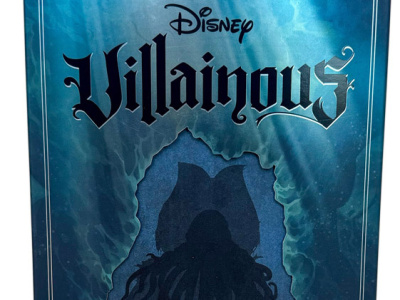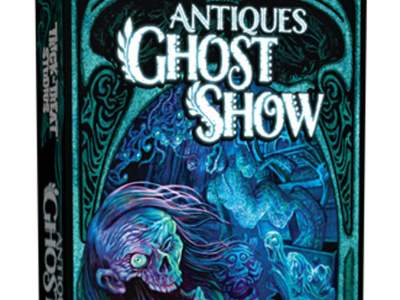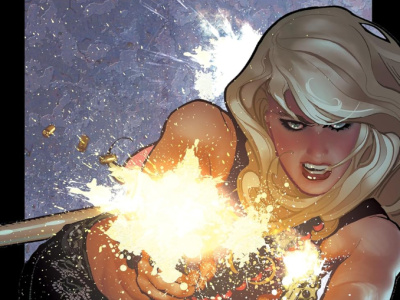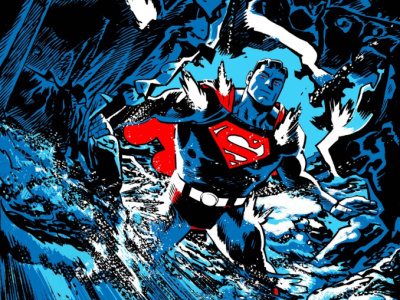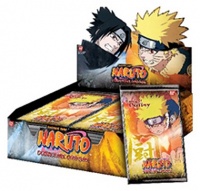
Within the last few weeks, sell-outs on new CCG releases from a number of different companies illustrate the always difficult task of managing collectible game supply in ways that keep the market happy. Manufacturers often feel that leaving a little money on the table pays off down the road in higher consumer demand as tighter supply enhances collector interest. Retailers like the fact that there’s demand that can stimulate sell-outs, but rue lost sales on product they can’t get. And in a CCG market that's been tough on new releases in the last several years, nobody wants to see excess product in the marketplace. We didn't have to look very far to put together this list of recent sell-outs.
Upper Deck has been selling out of its World of Warcraft TCG releases more quickly, with Servants of the Betrayer a sell-out shortly after its launch in April (see “Interview with Upper Decks’s Scott Gaeta”). Fires of Outland and Feast of Winter are also sold out.
Upper Deck and Konami have also been selling out of recent Yu-Gi-Oh! TCG releases, some before release. Light of Destruction Boosters sold out weeks before its May 13th release date, and the hobby-exclusive Gold Series also sold out before release. The companies also said that their recent Dark Emperor Structure Deck is also almost sold out.
4Kids’ Zenith of the Hive Hobby Boosters sold out roughly a month after release, despite a sell-in that was over four times the level of the first set.
And Score’s Bankai expansion for the Bleach TCG (see “Score Readies TV Ads for Bleach TCG”) also sold out roughly a month after release. In something of a departure, Score is reprinting and hopes to have product available in two to three weeks.
Further back, Bandai’s most recent Naruto CCG release, in January, sold out before release (see “Latest Naruto CCG Booster Sells Out”).
We asked CCG manufacturers for their responses to a handful of questions about the recent run of sell-outs, and have received responses to date from Bandai,
(see “Bandai on Sell-Outs”), Score (see “Score on Sell-Outs”), and Upper Deck (see “Upper Deck on Sell-Outs”).



